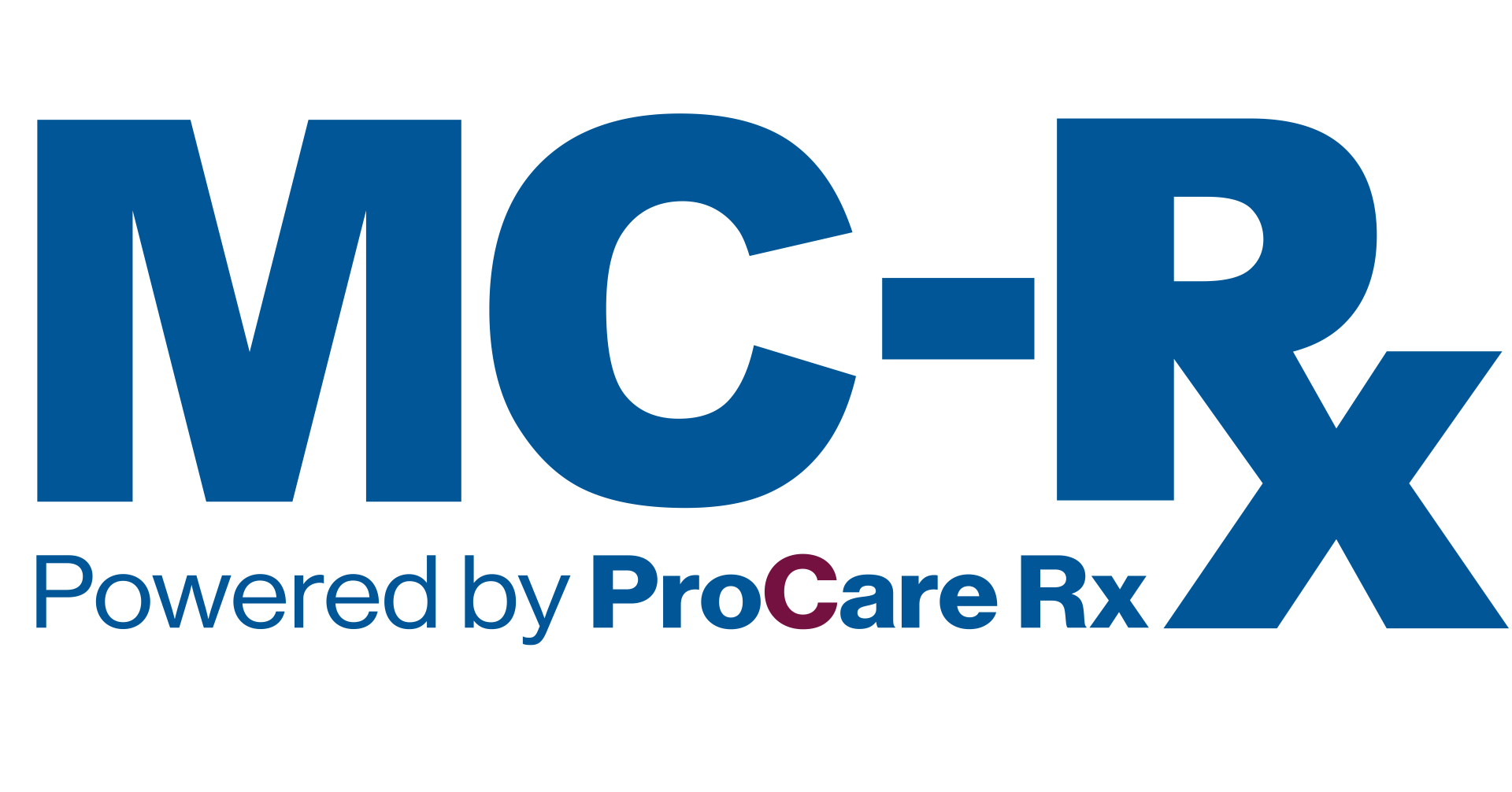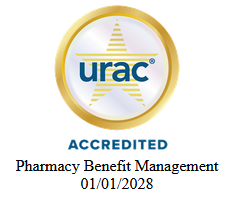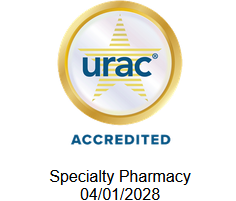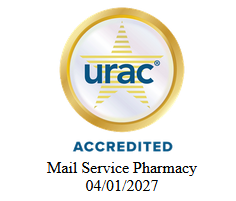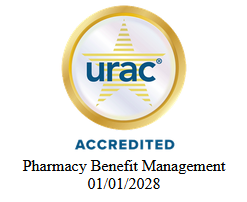MC-Rx Awarded for Effective Implementation of a Clinical Program to Reduce Opioid and Benzodiazepine Prescriptions
The distinction was awarded during the Puerto Rico Manufacture Association's Health Summit 2023.
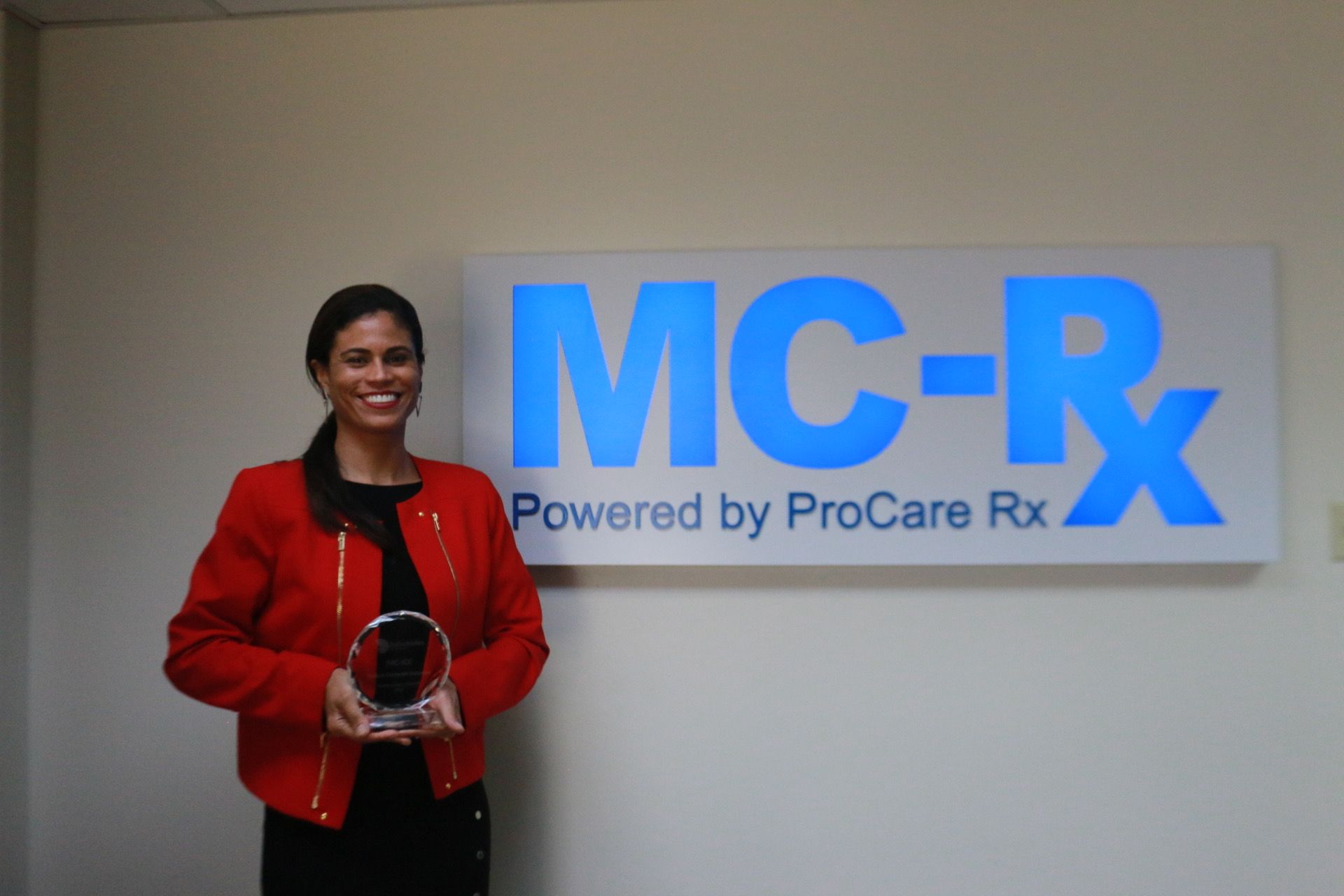
Based on the most recent reports produced by the Center for Disease Control and Prevention (CDC) which reveal an upward trend in the use and abuse of opioids and benzodiazepines as a cause of death, the clinical team of MC-Rx developed an educational project aimed at reducing the medical prescriptions of such drugs in Puerto Rico. The project entitled "Improving patient safety by decreasing co-prescribing of benzodiazepines and opioids" was recognized by the Health Committee of the Puerto Rico Manufacture Association during the celebration of the Health Forum 2023. Previously, the project was presented during the annual convention of the Academy of Managed Care Pharmacy (AMCP) held last October in Maryland.
The project, developed between March and December 2021, consisted of an in-depth analysis of a sample of prescriptions produced by 266 physicians for 181 patients located in Puerto Rico. Of the sample of physicians, more than 146 agreed to receive at least one educational intervention from the MC-Rx pharmacist team. The interventions were related to the health effects of concurrent opioid and benzodiazepine use. At the conclusion of the program, the physician group had reduced prescriptions of these medications by 48%.
On the occasion of the award, Marileny Lugo president of MC-Rx, stated that the project focused on the urgent need to improve patient health and safety while highlighting and raising awareness of the critical link between opioid and benzodiazepine use and abuse and life-threatening respiratory diseases.
As reported by the Addiction and Mental Health Services Administration (ASSMCA), 534 opioid overdoses were reported in Puerto Rico in 2020. It was recently reported that Puerto Rico would receive $100 million for the management of the opioid crisis. This financial compensation will be used to pay for addiction prevention and treatment services in the affected communities.
Pictured above is Dr. Eimeira Padilla, MC- Rx Clinical Services Manager.
About MC-Rx
MC-Rx, powered by ProCare Rx, is a premier pharmacy benefit administrator, whose knowledge has been crucial for the successful development, implementation and administration of PBM services and programs for clients and their members. MC-Rx services commercial health plans, Medicaid and Medicare/PACE programs, dynamic health systems, private label PBMs, complex TPAs, employer groups, unions, hospices and many other client types. MC-Rx has a commitment to innovation, efficiency and excellence, and to guarantee an optimal level of client satisfaction and on-going savings in the management of pharmacy benefits.
March 1, 2023
Contact: Madeline Ramírez Rivera 787 225 3466



